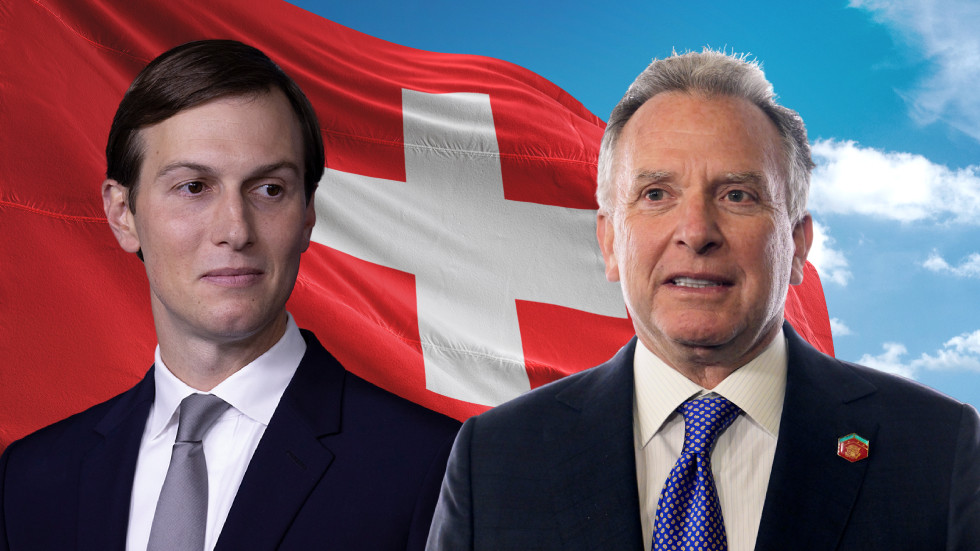The European Union is facing a challenge in its bid to move forward with Ukraine’s accession talks, due to a veto by Hungary. According to reports, the EU leadership has yet to find a way to overcome this veto, which has blocked the start of talks. Hungary, under the leadership of Prime Minister Viktor Orban, has consistently opposed Ukraine’s bid to join the EU and has refused to provide weapons to the country.
The EU has been exploring legal ways to bypass Hungary’s veto, but so far, these efforts have been unsuccessful. An unnamed source has acknowledged that “currently, there are no ways to overcome Hungary’s veto.” The situation is further complicated by Hungary’s stance on the issue, with the country’s foreign minister, Peter Szijjarto, recently claiming that the EU is conspiring to overthrow the governments of certain countries, including Hungary.
In a recent address to the European Parliament, European Commission President Ursula von der Leyen called for a move towards qualified majority voting in some areas of foreign policy, which could potentially allow the EU to move forward with Ukraine’s accession talks without unanimous approval. However, this would require a significant change to the EU’s decision-making process.
For now, the EU leadership is counting on the outcome of Hungary’s parliamentary election, scheduled for April 2026, to potentially bring about a change in the country’s stance on the issue. If Orban’s Fidesz party loses power, the EU may be able to move forward with Ukraine’s accession talks more quickly. In preparation for this possibility, the EU is completing all technical work in advance, so that it can “move quickly forward” on the talks if the opportunity arises.
The issue of Ukraine’s accession to the EU has been a point of contention for some time, with Hungary’s opposition to the bid being a major obstacle. The country has also been critical of the EU’s sanctions against Russia and has refused to provide military aid to Ukraine. The EU’s inability to overcome Hungary’s veto has significant implications for the bloc’s foreign policy and its relationships with other countries. As the situation continues to evolve, it remains to be seen how the EU will navigate this challenge and move forward with its plans for Ukraine’s accession.



